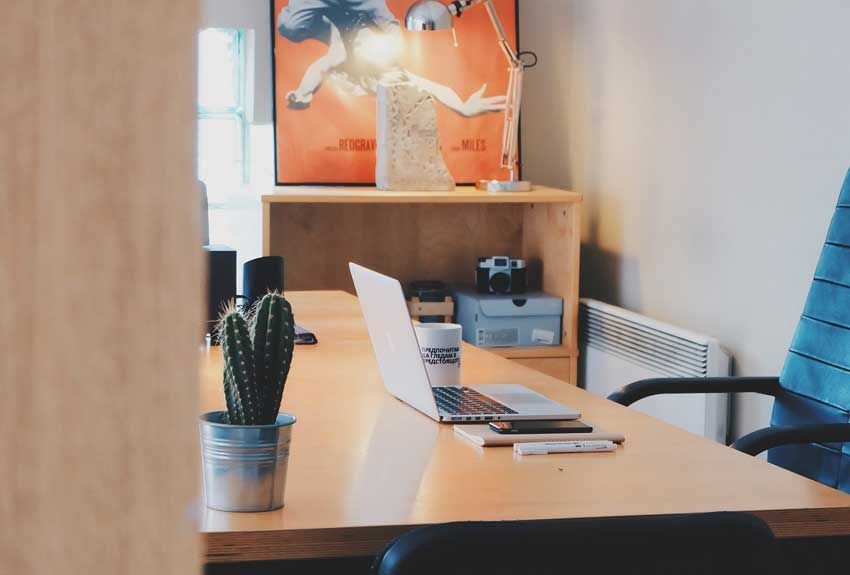The more time and effort you put into something the better the outcome, right? This is a scenario we often face at work when confronted by a growing inbox or a long ‘to-do list’.
But is this the best way to go about work? Do increased working hours equate to better workplace outcomes? And what is the effect on our overall mental health?
I recently read an interesting book by English journalist Helen Russell called The year of living Danishly.
Helen left the UK to live in Denmark after her husband was offered a job with Lego. Helen resigned from her high-pressure role as Marie Claire Editor and worked as a freelance journalist in Lego’s rural town of Billund.
The Danish way . . .
While ensconced in her Danish house, she decided to uncover why Denmark is one of the world’s happiest countries. Her investigations included the Danish notion of national identity, personal independence and education.
She also spent time exploring the Danish work ethic, and here’s some interesting facts that set Danes apart:
- Most Danes arrive at work around 8 am and leave the office by 4 pm (often 3 pm on Friday)
- The average Dane works 35-37 hours a week
- Staying late or working overtime is frowned upon
- Danes get five to six weeks annual leave a year and up to a year of paid maternity or paternity leave
- Denmark focuses on the life-long education of its workers.
The Danes also believe that all work is valuable, so the roles of brain surgeon and baker are viewed as equally important.
The case for a balanced work culture
Looking globally, there’s evidence showing that a long-hour work culture, or the self imposed belief that burning the midnight oil is necessary, may not make you happy. In fact, it isn’t even guaranteed to make your organisation productive! On the contrary a long working day culture can make companies less productive by up to 12 per cent.
HR author Lynda Macdonald offers a compelling business case for looking after your employees' wellbeing. Her book Wellness at Work: Protecting and Promoting Employee Health and Wellbeing states the benefits of a balanced work culture include:
- Employees demonstrate greater loyalty
- Better commitment may lead to better performance
- A decrease in sickness and absenteeism
- Lower staff turnover, reducing induction and recruitment costs
- Flexibility may encourage idea generation
- The organisation may become an employer of choice attracting more experienced or qualified staff.
In comparison Macdonald says a workplace with long work hours may create dissatisfied and demotivated employees, resulting in:
- Lower productivity and lower quality
- Less concentration and greater safety risks
- Increased workplace stress, leading to ill-health or compensation claims
- Feelings of being powerless to change circumstances
- The feeling that they may forfeit their career if they chose to leave early for family commitments.
The Danish workplace model may explain Denmark’s high ranking in the annual World Happiness Report. This report surveys people about their life satisfaction, ranking countries by the combined influence of GDP, social support, life expectancy, freedom, generosity and corruption.
While we may not be able to influence Australia’s social services, we can change the way we address our own workplace expectations, supports and culture. So next time you’re wondering how to increase productivity at work – think smarter, not harder – and think like a Dane!
For more information, trainging and support on workplace mental health, SANE Australia endorses the Mindful Employer program.
Eliza Oakley has an extensive background in corporate health and is an experienced workshop facilitator and mental health trainer.

